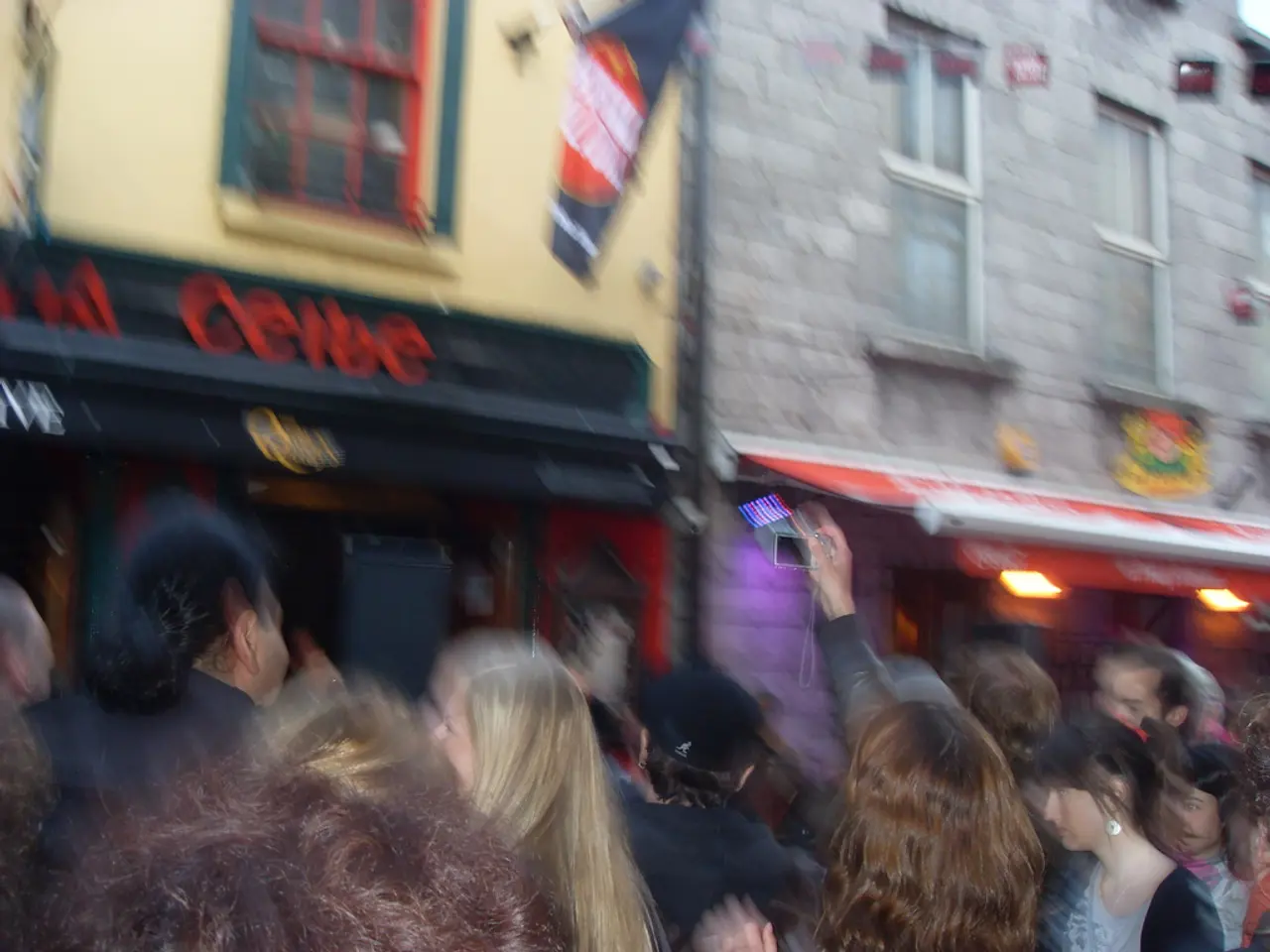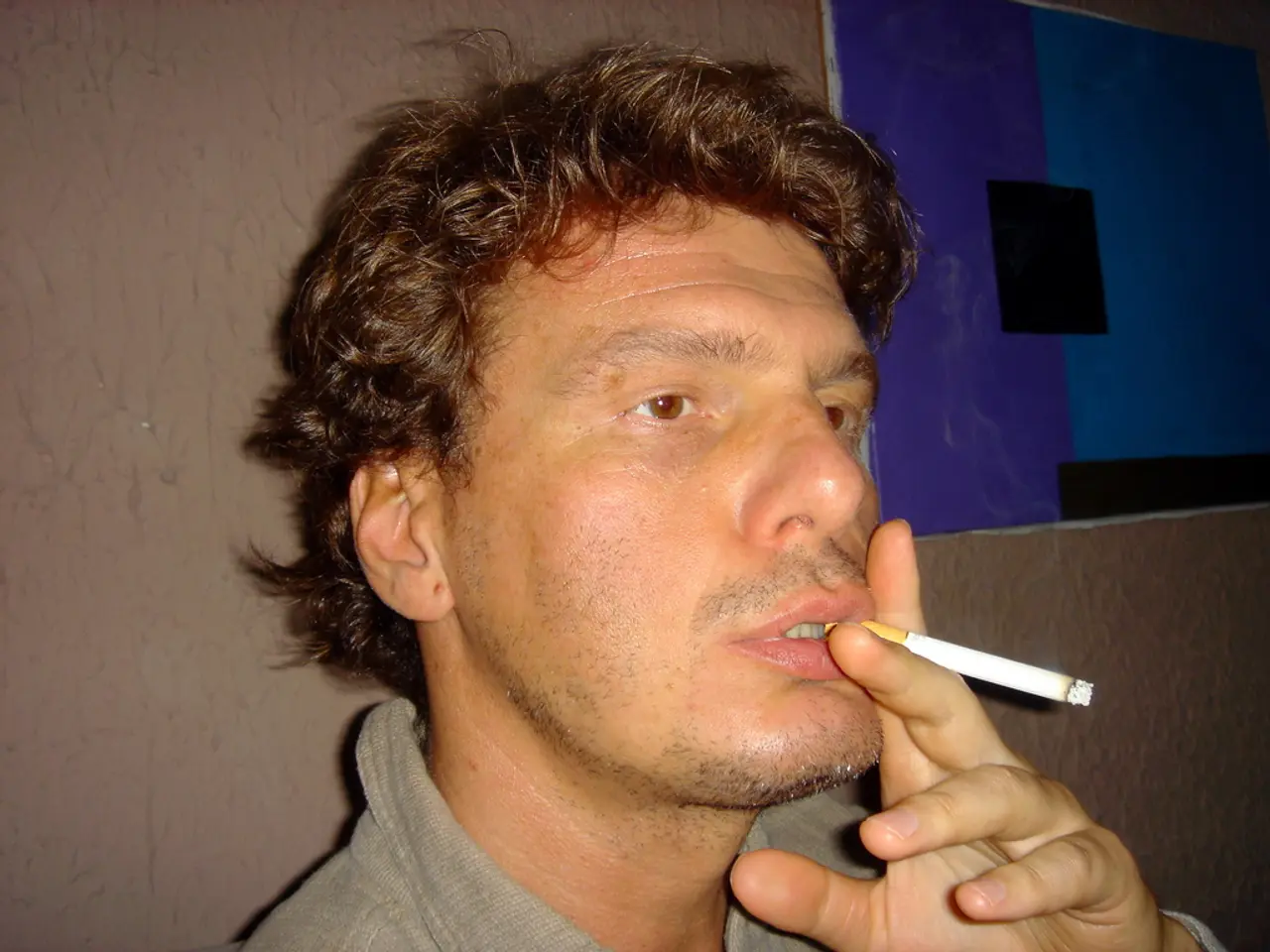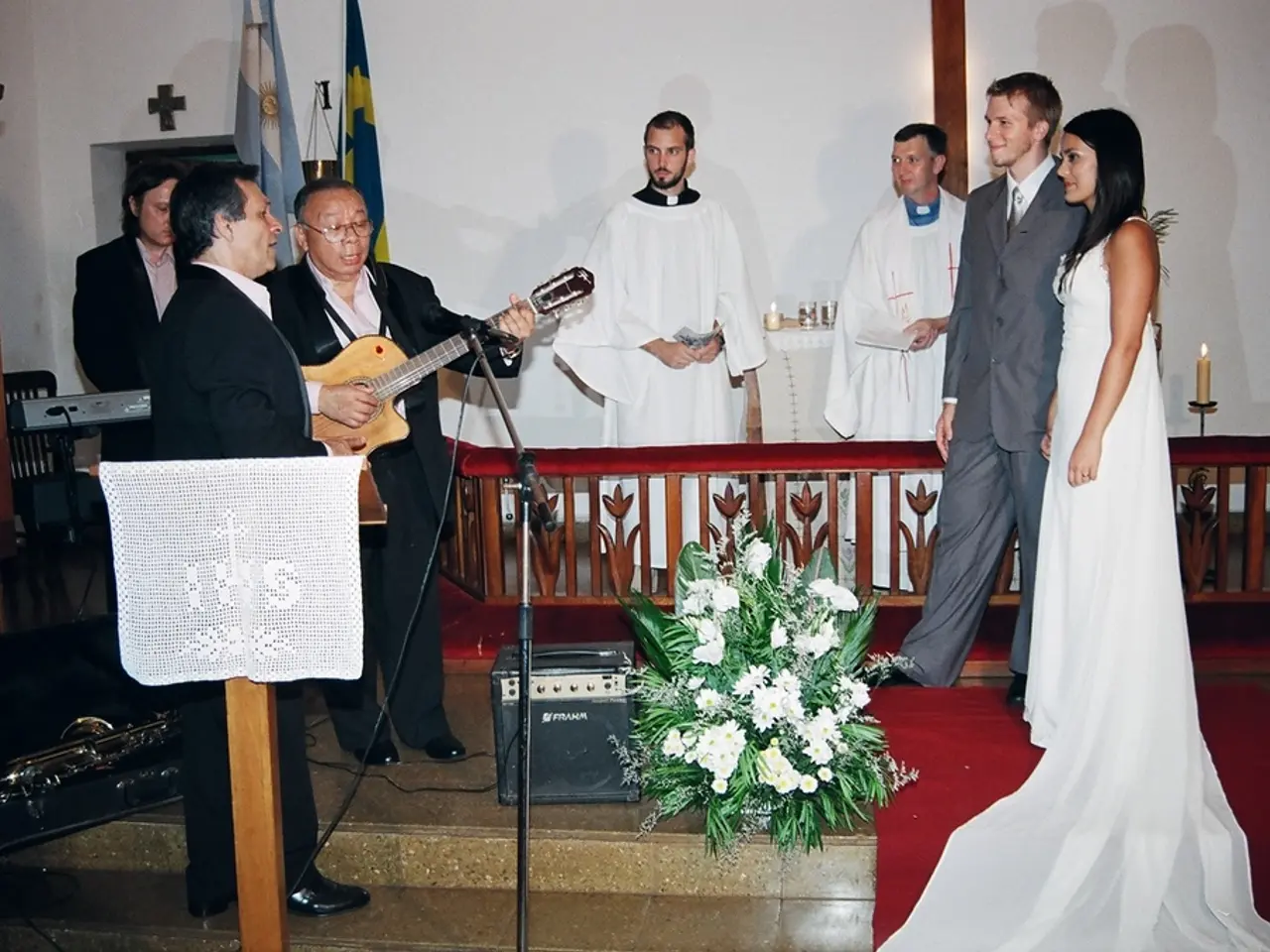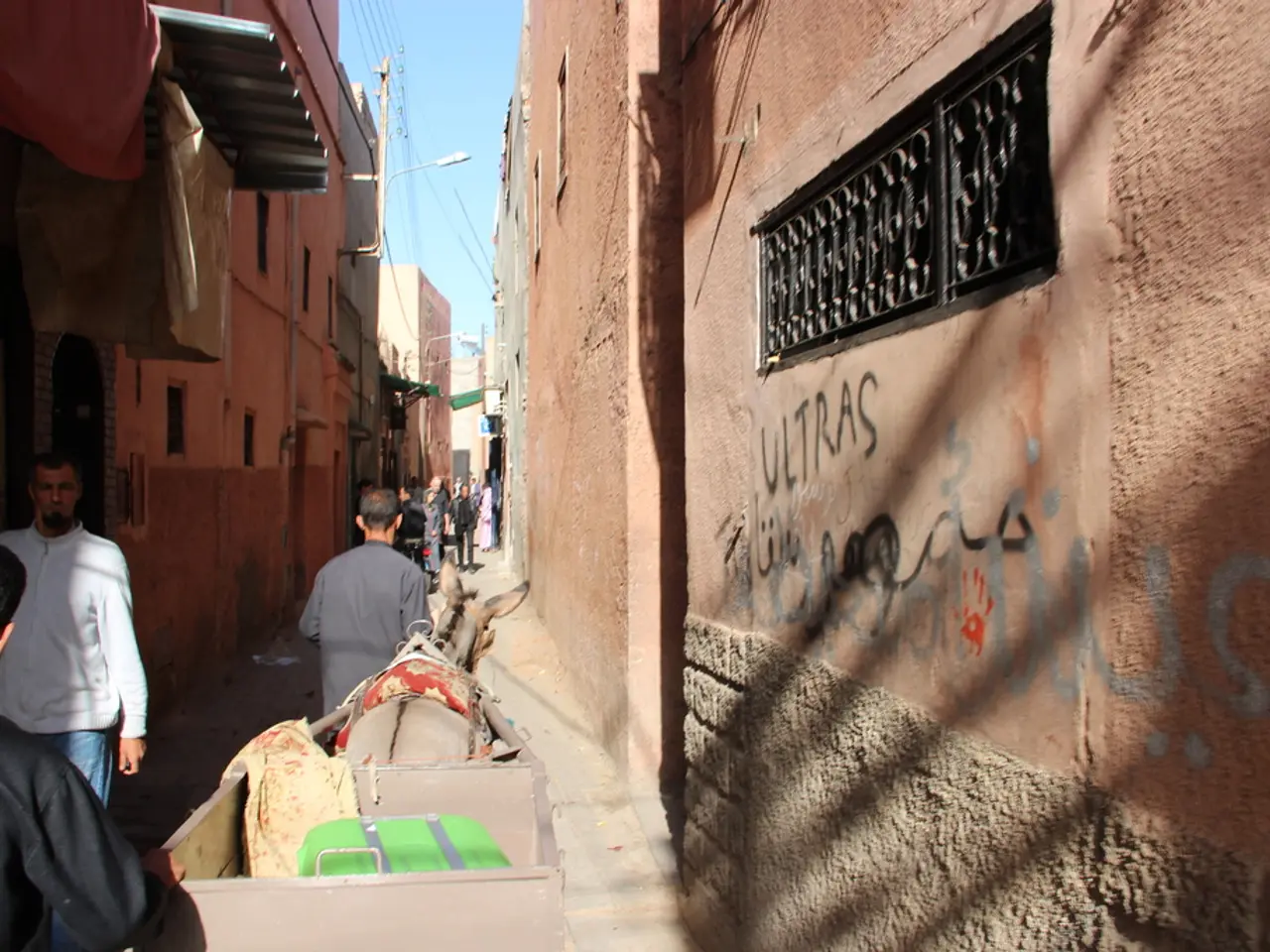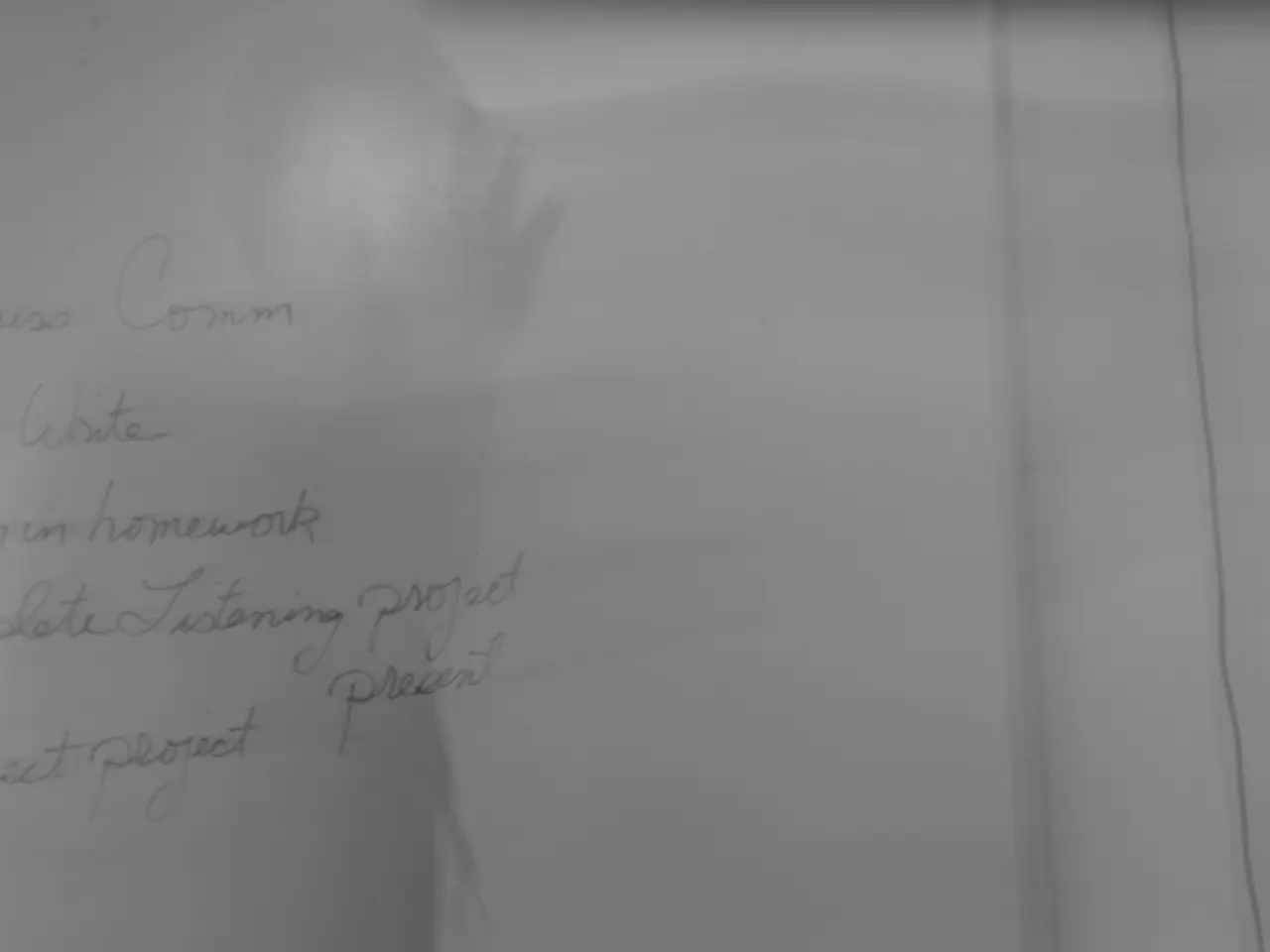Debunked: Widespread Durban video falsely depicts South African events
In the digital age, misinformation and conspiracy theories have become a growing concern, particularly in online and social media spaces. A recent example of this can be seen in the circulation of a viral video that appears to show chaos and looting in Durban, South Africa, following the end of apartheid. However, this video, which has been used to reinforce racist and discriminatory narratives, is actually from 2021 and has been misrepresented to fit a narrative of NGO manipulation linked to George Soros.
Keegan Leech, a fact-checker at Africa Check, has highlighted that South Africa is often misrepresented due to international audiences' lack of knowledge about the country. This misrepresentation is a common tactic, as the video's captions insinuate that South Africa is controlled by NGOs funded by Soros, fueling xenophobia and conspiratorial thinking.
This practice is not unique to South Africa. Similar misinformation has been seen in other regions, where racial and religious minorities are targeted with similar misinformation. George Soros, a Hungarian-American philanthropist known for supporting democratic initiatives worldwide, frequently appears in right-wing conspiracies as an emblem of elitist control, despite no factual basis for such claims.
The video's manipulative nature is part of a larger social media "business model" that thrives on outrage-inducing content like racist or misogynistic posts. This model exploits existing societal fears, especially during times of economic uncertainty, as explained by Thakur.
The unrest depicted in the video was sparked by the imprisonment of former President Jacob Zuma, who was sentenced to 15 months in prison for failing to comply with a Constitutional Court order. The subsequent unrest left more than 300 people dead.
Despite fact-checking efforts, misinformation continues to be amplified by influential figures such as Elon Musk. However, there has been a significant pushback in the comments following the viral video, with people trying to correct the narrative.
In conclusion, the widespread practice of repurposing old footage with misleading context plays a significant role in spreading racist and conspiratorial misinformation online, especially stories involving South Africa’s socio-political challenges and conspiracy theories revolving around George Soros’ alleged influence. It is crucial to verify information before sharing it and to promote fact-checking initiatives to combat the spread of misinformation.
[1] Thakur, K. (2021). The Business Model of Outrage: How Social Media Amplifies Disinformation. Retrieved from https://www.washingtonpost.com/technology/2021/02/02/the-business-model-of-outrage-how-social-media-amplifies-disinformation/ [3] Africa Check. (2021). Fact-checking the false claim that George Soros funded the looting in South Africa. Retrieved from https://africacheck.org/factsheet/fact-checking-the-false-claim-that-george-soros-funded-the-looting-in-south-africa/
- The digital world, characterized by technology, has seen an increase in misinformation and conspiracy theories, particularly in social media spaces.
- For instance, a deceptive video featuring chaos in Durban, South Africa, purportedly after the end of apartheid, is actually from 2021 and has been manipulated to portray NGO manipulation linked to George Soros.
- This misrepresentation of South Africa is not exclusive, as other regions have witnessed similar instances of misinformation, targeting racial and religious minorities.
- George Soros, a philanthropist known for supporting democratic initiatives across Europe and America, is often embroiled in right-wing conspiracies, despite lacking factual backing.
- The spread of such misinformation on social media is often driven by a model that thrives on content that incites outrage, exploiting societal fears, especially during economic uncertainty, as described by Thakur.
- In South Africa, the unrest in the video was triggered by the imprisonment of former President Jacob Zuma, leading to over 300 deaths, yet this context was misrepresented to fuel xenophobia and conspiratorial thinking.
- Despite efforts to correct misinformation, influential figures like Elon Musk continue to amplify it. However, there has been pushback in comment sections, with people trying to set the record straight, underscoring the importance of fact-checking initiatives in combating the spread of misinformation in the general-news, politics, entertainment, crime-and-justice, and international spheres.
